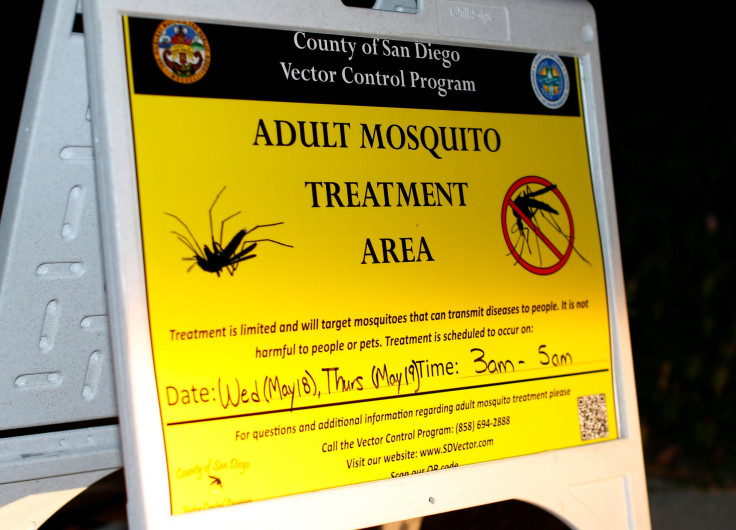Zika scare: Female-to-male Zika transmission through sex reported in New York; Female-to-female virus transmission a possibility

The first case of female-to-male sexual transmission of Zika virus has been reported in New York City. The Centers for Disease Control and Prevention (CDC) announced on Friday in yet another startling Zika development. Before the case was reported, researchers thought that only male-to-female and male-to-male sexual Zika transmission was possible.
The new finding has prompted CDC to update its advice in a report issued on Friday. It has advised pregnant women to use protection irrespective of their sexual partner being male or female and if the partner has travelled to Zika-affected areas. There have been no reports of the virus spreading from female to female so far.
Even though the Zika virus causes only mild illness in people, it is thought to have devastating effects during pregnancy as the infection may cause microcephaly (severe birth defects) in newborns. The New York woman was not pregnant, reports Washington Post.
Female sexual partners of pregnant women have been by the CDC to use barrier methods every time they have sex with their pregnant partner if they live in Zika-infected areas or have recently returned from a place with active Zika transmission.
The CDC is also “updating recommendations for sexually active people in which the couple is not pregnant or concerned about pregnancy and for people who want to reduce personal risk of Zika infection through sex,” reads a statement.
The CDC report states that the non-pregnant woman in her 20s had unprotected vaginal sex with her male partner, the day she returned from a Zika-infected country. The following day the woman developed Zika symptoms such as tingling in toes and fingers, numbness, muscle plain and fatigue, rash and fever.
She visited her primary care doctor on the third day who took urine and blood samples and sent them off to NYC health department. Both the samples tested positive for Zika. Seven days the two had sex, the woman’s partner also developed similar symptoms and visited the same doctor. He hadn’t travelled outside United States for over a year.
The doctor suspected female-to-male sexual transmission of Zika and sent the man, also in his 20s, to NYC health department for tests. His urine tested positive but his blood did not. Experts became convinced about the sexual transmission when the man revealed he did not have sex with any other person, except his partner and did not receive a mosquito bite during the week preceding his symptoms.
RELATED: Germany and Singapore confirm first case of Zika; German woman contracted virus through sex






